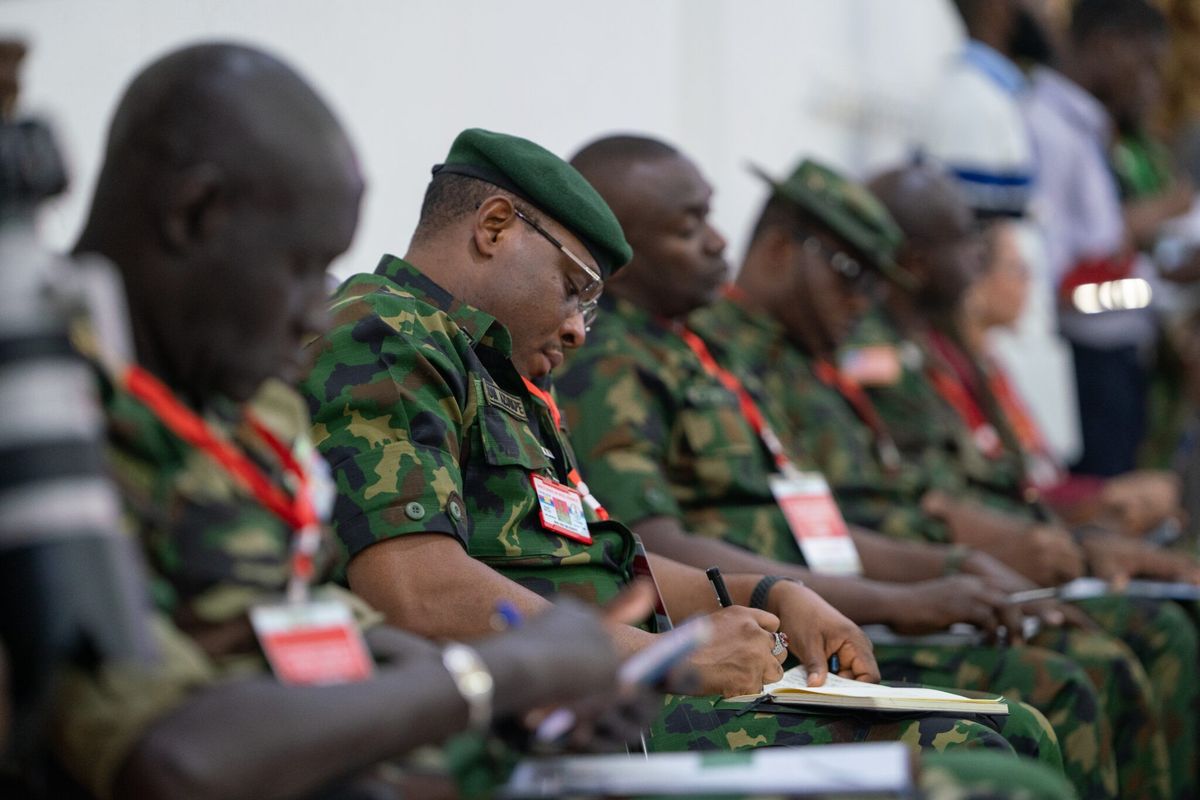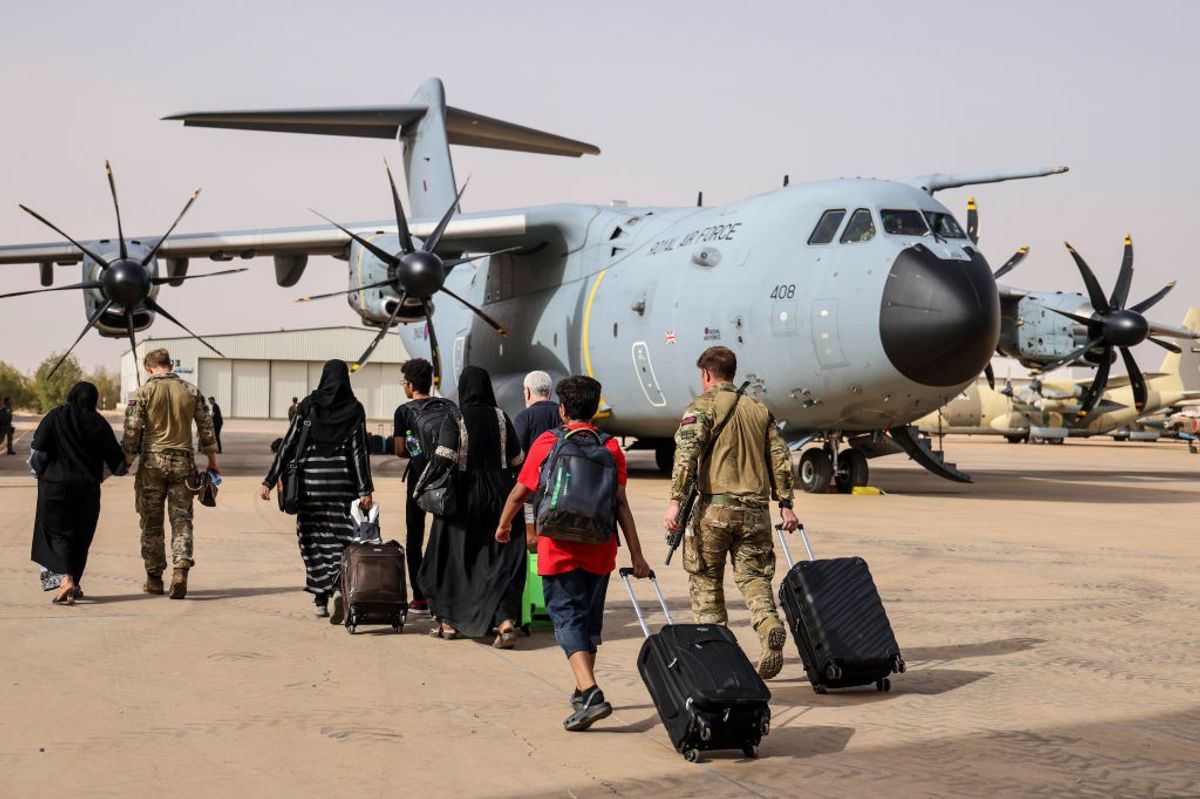A year after West Africa’s Ebola Virus Disease (EVD) outbreak, the global health community has begun to evaluate national and international responses. Experts are starting to ask difficult questions about the epidemic—predominantly, “what could we have done differently?” As public health leaders, we’ve asked ourselves this many times, particularly within the context of Liberia, where our Ebola-related work is centered.
There is no question that Liberia’s health sector was under-prepared. No one anticipated how quickly the epidemic would spread nor its extensive damage to urban areas. At the beginning, many believed Ebola could be easily contained. Even when the outbreak was finally declared a crisis, many Liberian communities did not believe it was real. Distrust of the health system was so great that they ignored the Ebola prevention instructions that the Ministry of Health provided. Even if they had followed instructions, the supplies that communities needed to prevent and manage Ebola cases were not available.
Since then, the government and partners have focused on training health workers to identify and treat Ebola, standardizing infection prevention protocols, and delivering supplies to health centers nationwide; including those in places so hard to reach that they had never received deliveries. We are proud of the work that John Snow Inc. (JSI) has done and will continue to do to stem the outbreak. In the interest of averting similar outbreaks, we must share what we’ve learned so far.
First, we cannot concentrate on sustainable programs to advance a country’s development without building surveillance mechanisms at the beginning. We must be more rigorous in determining when a health crisis has begun so we can respond quickly and cohesively. If health systems don’t have the capacity to recognize crises effectively, our development efforts in other areas of the health system are incomplete and will be rendered useless.
Second, we must ensure that a basic level of emergency preparedness is in place for communities and health facilities nationwide. All emergencies stress and reveal health system weaknesses. We must ensure that basic protocols, such as hand hygiene and correct waste management, are in place to prevent the health system from collapsing under pressure.
Finally, we must continue to institutionalize infection prevention practices as a component of quality of care so that an emergency response is not entirely dependent on the resources of the international community. While many international partners are in Liberia now, the volume of this presence will not be sustained. Our goal should be to improve the system through tools that are adapted to the local context, institutionalized into national standards, and implemented consistently so the system can stand on its own.
When a few new Ebola cases re-emerged in July, we got a glimpse into the preparedness of Liberia’s post-Ebola health system. Unlike when the first Ebola cases were diagnosed in 2014, these new cases were managed quickly and efficiently. Health workers and facilities were better prepared to handle them, and there wasn’t the widespread panic that pervaded the first months of the outbreak. While this is positive, the true test of whether Liberia, Sierra Leone, and Guinea are better prepared to handle health emergencies will happen in the years to come.













